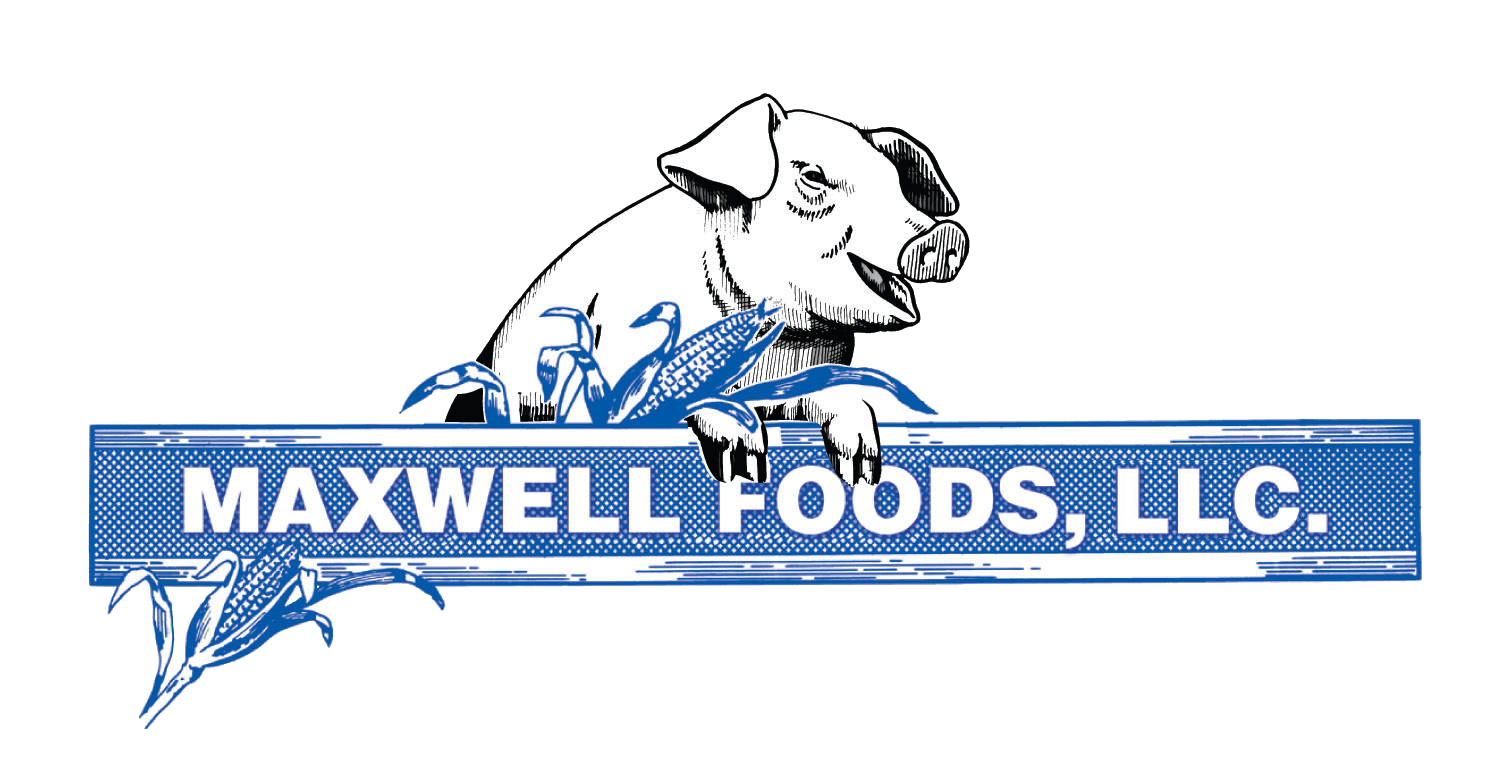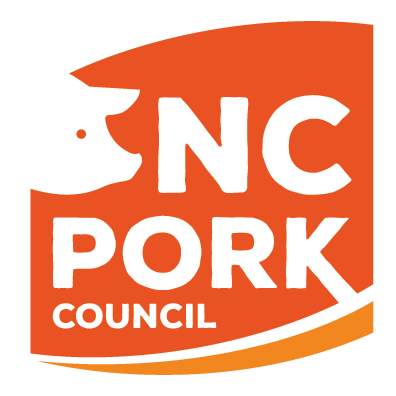How to Help and Advocate for Hog Farmers
 Many of you are aware of the lawsuits affecting our hog farm families. The support from the community has been overwhelming. Often, the question, “what can I do” is posed. Here are a few suggestions on how you can make a difference:
Many of you are aware of the lawsuits affecting our hog farm families. The support from the community has been overwhelming. Often, the question, “what can I do” is posed. Here are a few suggestions on how you can make a difference:
- Stay informed—stay up to date on the facts and current developments. Perhaps the most important thing to stay informed about is how a hog farm operates. Knowing how your farmers run their farms allows you to pick out any misinformation you may hear.
- Share your story—one of the most powerful ways to help our farmers is to share your own experience with them. Is a farmer your child’s coach? Maybe you sit next to a farmer at church. Or perhaps you are a local business owner that knows the positive impacts these farms have on you and other business owners.
- Share their story—share facts, data and stories from reputable sources that tells the farmer’s story.
- Be polite—emotions are high. Folks are scared and even angry. We get it! However, it is so important to maintain the higher ground. We cannot claim to be good neighbors if we are telling people they are not welcome or should move. We are better than that. Let’s stick to the facts and share the positive stories. Not everyone will agree with you, and that’s okay. Learn to walk away from those situations.
- Pray—thoughts, support, and prayers go a long way in situations like these. Knowing that farmers are not alone gives those involved hope.
These steps may not seem like a lot, but they make a difference. We have gotten to this point because of a lack of dialogue. Let’s fix that. Take a moment and reflect why you support farm families. Now, share that. Most of all, stay respectful. Let’s be encouraging, not inflammatory when we stand for hog farmers.
Nobody wins
In a recent article by Lisa Sorg @ NC Policy Watch, she says, “After a long day working with patients, all Joyce Messick (plaintiff) wants is to lay her burdens down at her doorsteps, sit on her porch and drink a Sun Drop.” But she can’t, Sorg added, because she lives near a hog farm.When you return home after working all day it must be nice to be able to leave your burdens at the door, but that’s something that farmers across North Carolina are seldom able to do. You see, when a farmer walks through the door of his home after working a long day, the crops are still in the field, the animals are still in the barns, and the burdens of raising the food we eat are still on his shoulders.Of course, you have to take Lisa Sorg’s article with a grain of salt. She’s not a reporter for a newspaper or TV station – she works for an arm of an activist group which has longstanding ties to Mona Lisa Wallace, who’s one of the lawyers suing Smithfield Foods. And, in her article, Ms. Sorg repeated the same litany of the attacks we’ve heard lawyers make in Raleigh courtrooms over the past few months – attacks which have farmers wondering how people have become so disconnected from the realities of farming. For instance, Ms. Sorg wrote that “Theoretically, a person could run a hog farm without ever stepping inside a barn.” That kind of nonsense leaves farmers shaking their heads. Nothing could be farther from the truth. The standard in pig husbandry is simple: Keep an eye on every pen – every pig – every day. Monitoring the pig’s environment and ensuring the animals have food and water can’t be accomplished from outside the barn.What can be done outside the barns is careful management of one of the most effective and economically feasible systems in the pork industry, the lagoon and spray field. When managed correctly, when effluent is applied within state rules and regulations, the benefits are many and the chance of harm is minuscule. The nitrogen contained in manure is absorbed by crops at much higher rates, and is not as easily leached into groundwater, as the nitrate forms in most synthetic fertilizers. (Dr. Pius Ndegwa, Ph.D. 2014)Regardless of these facts, Lisa Sorg asked NC Commissioner of Agriculture Steve Troxler at a press conference Friday, “Why isn’t Smithfield upgrading the waste management systems in North Carolina since there has been a lot of discussion about it in the trial?” A better question to ask would have been, “Is the picture of hog farmers being painted by lawyers in these trials accurate?” Because, at the end of the day, the reason for these trials is simple: Lawyers filed these lawsuits against Smithfield Foods to make money. And in the courtroom last Friday they succeeded. The jury returned an outrageous $473.5 million-dollar verdict. How on earth could one hog farm in one rural county do almost half a billion dollars in damages? Is that justice? It defies common sense.We are thankful that on Friday, several miles down the road from where the verdict was being read in Federal Court, dozens of national agricultural leaders convened at the Gov. James G Martin building on the NC State Fairgrounds. Their goal was to better understand the threat of nuisance lawsuits to all of agriculture and begin work on putting protections in place to protect our right to farm. Otherwise, nobody wins.
Make Plans to Attend the National Agriculture Leaders Roundtable on Aug 3
This Friday, national agriculture leaders will convene for an important roundtable event in Raleigh, and you are encouraged to attend! Bring anyone you can. You don't want to miss this! Here are the details:
What: National Agriculture Leaders Roundtable
Purpose: To discuss the threat of nuisance lawsuits to the US agriculture industry and rural economies.
When: Friday August 3rd, 9 am - 10:30 am
Where: Raleigh, NC - North Carolina Fairgrounds
Location is the Jim Martin Building at the State Fairgrounds, with plenty of overflow seating and live streaming of event provided at the Scott Building.
Panelists and others are planning to meet with Scott Building crowd after roundtable.
Who:
David Rouzer, Chairman, House Agriculture Subcommittee on Livestock and Foreign Agriculture
Mike Conaway, Chairman, House Agriculture Committee
Thom Tillis, U.S. Senator
Steve Troxler, North Carolina Commissioner of Agriculture
Hugh Weathers, South Carolina Commissioner of Agriculture
Zippy Duvall, President, American Farm Bureau Federation
Economists from USDA and NCSU
National livestock/commodity group representatives
We hope to see you there!
Farmkeepers Blog
The Farmkeepers is the official blog of NC Farm Families. It is here that words will flow, our voice will be heard, a stand will be made, and the farm families of North Carolina will be protected. In these posts, we'll set the record straight. You'll see the faces of the families who feed us. Here, you'll receive all the updates and news. It is here that we will fight for farmers and be the keepers of the farm in NC. We hope you'll join us. Follow along on social media and by joining our email list.
















